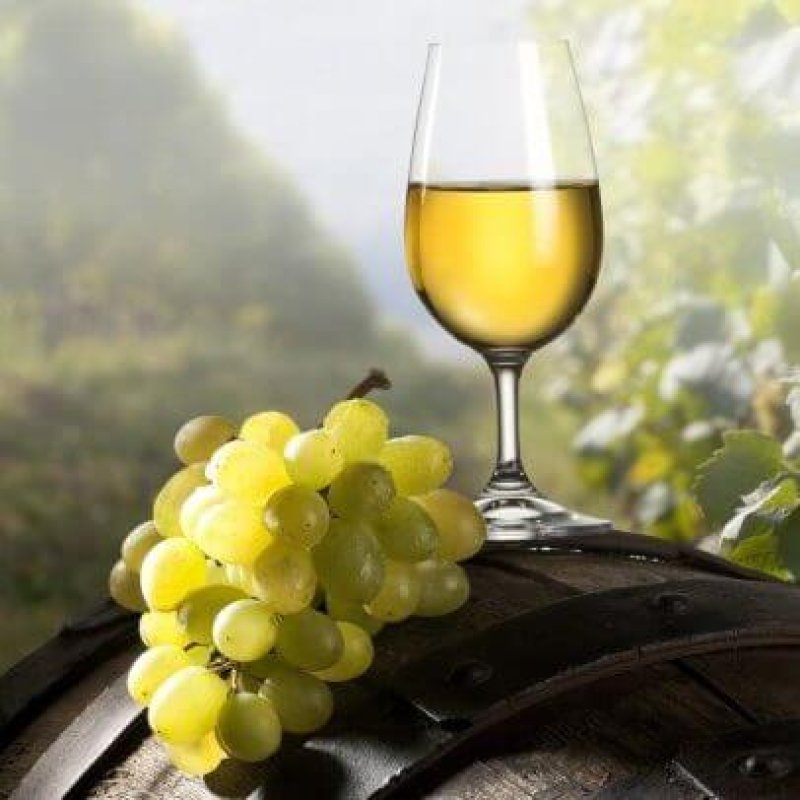Chardonnay is among the most popular and recognizable wines in the world. The grape’s genes essentially have been passed down from a single plant in eastern France centuries ago. This genetic consistency can be seen as a good thing, as it keeps the grape recognizable. But its genes are also responsible for how it reacts to the environment, including the pests and diseases common to any vineyard.
…
In New Jersey, winegrowers spray fungicides 6 to 12 times a season to control downy mildew…. But a new technique, CRISPR, may allow scientists to tweak the genes of Chardonnay to become resistant to downy mildew.
“My hope is that we can engineer the plant internally to cut down infection,” says Rong Di, a plant pathologist and molecular biologist at Rutgers. Her team is testing CRISPR on a grape variety called Dijon Chardonnay 76.
“The fungus will always be there,” says Di. “But if the plants can [become] resistant, we don’t have to spray so much.”
But will consumers accept a new and sometimes controversial technology to save an old tradition?
The GLP aggregated and excerpted this blog/article to reflect the diversity of news, opinion, and analysis. Read full, original post: Can Science Save Our Favorite Wines?































